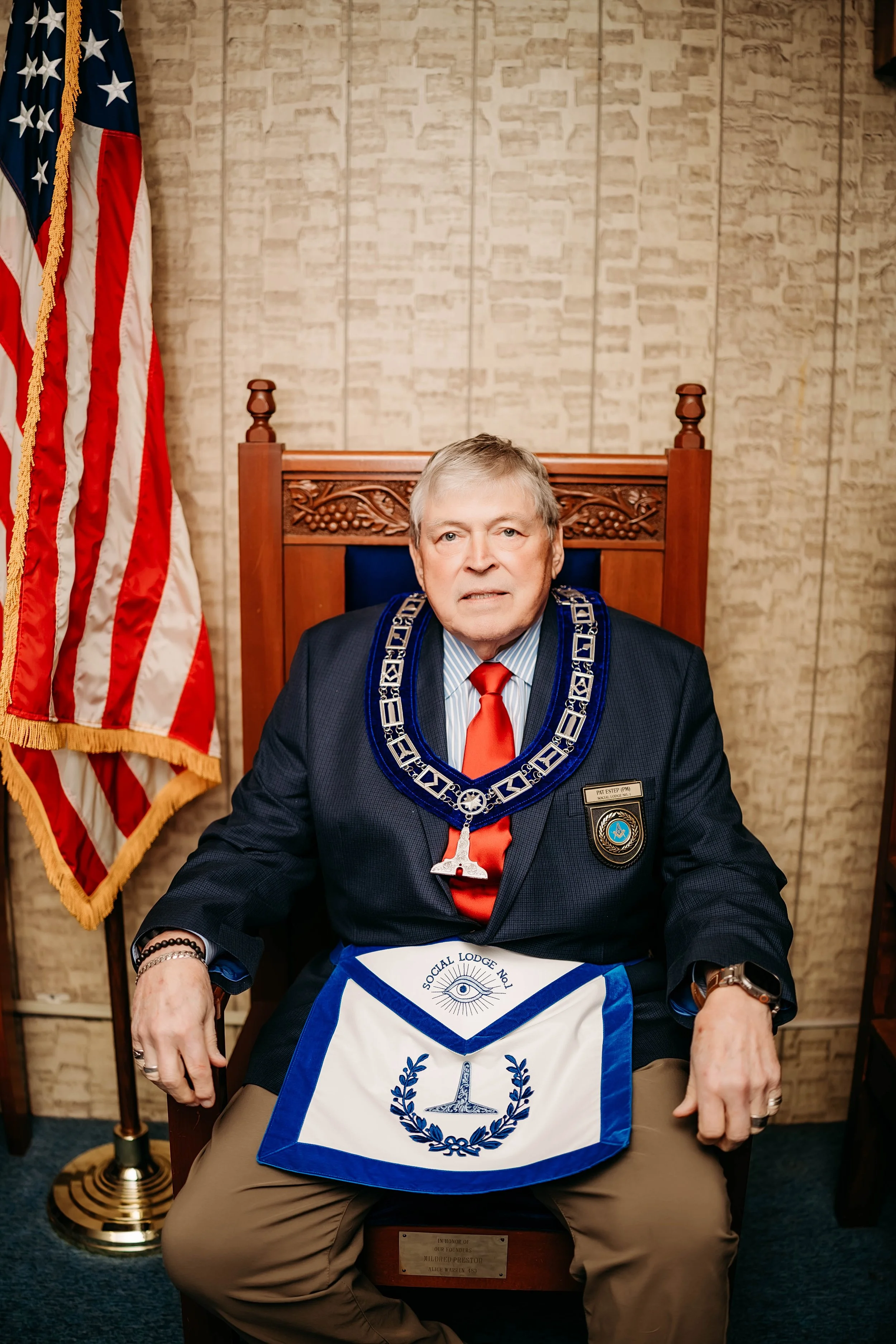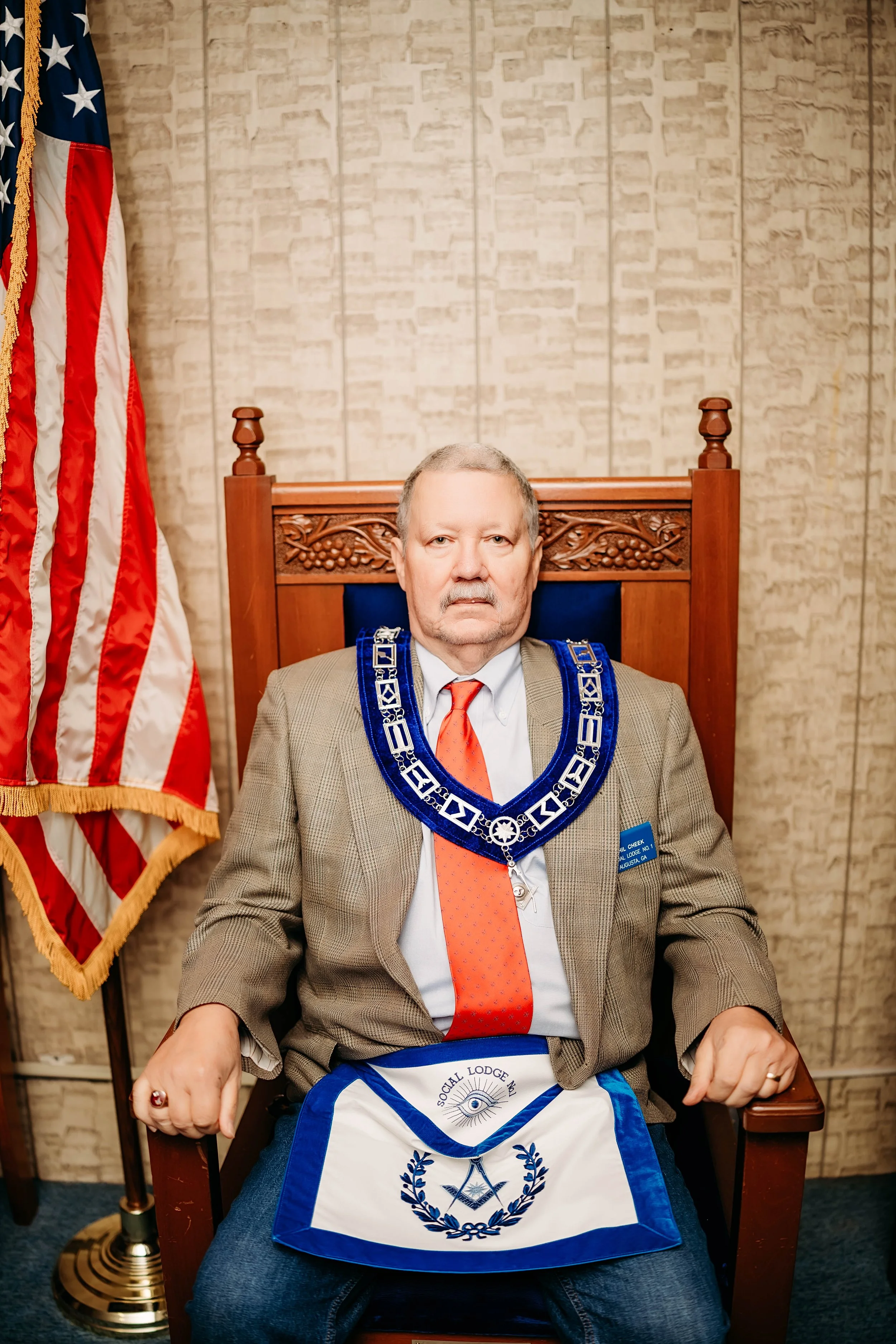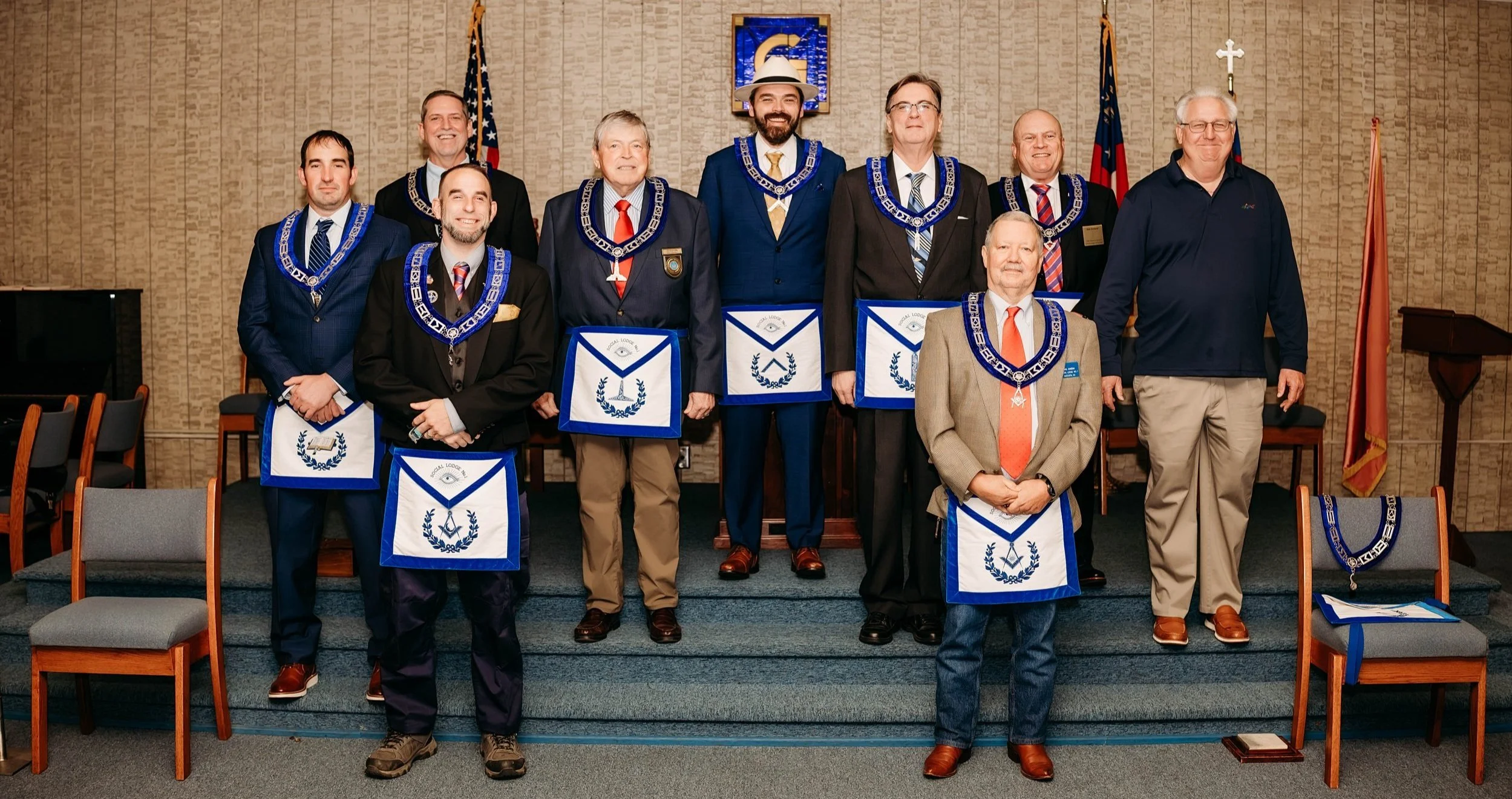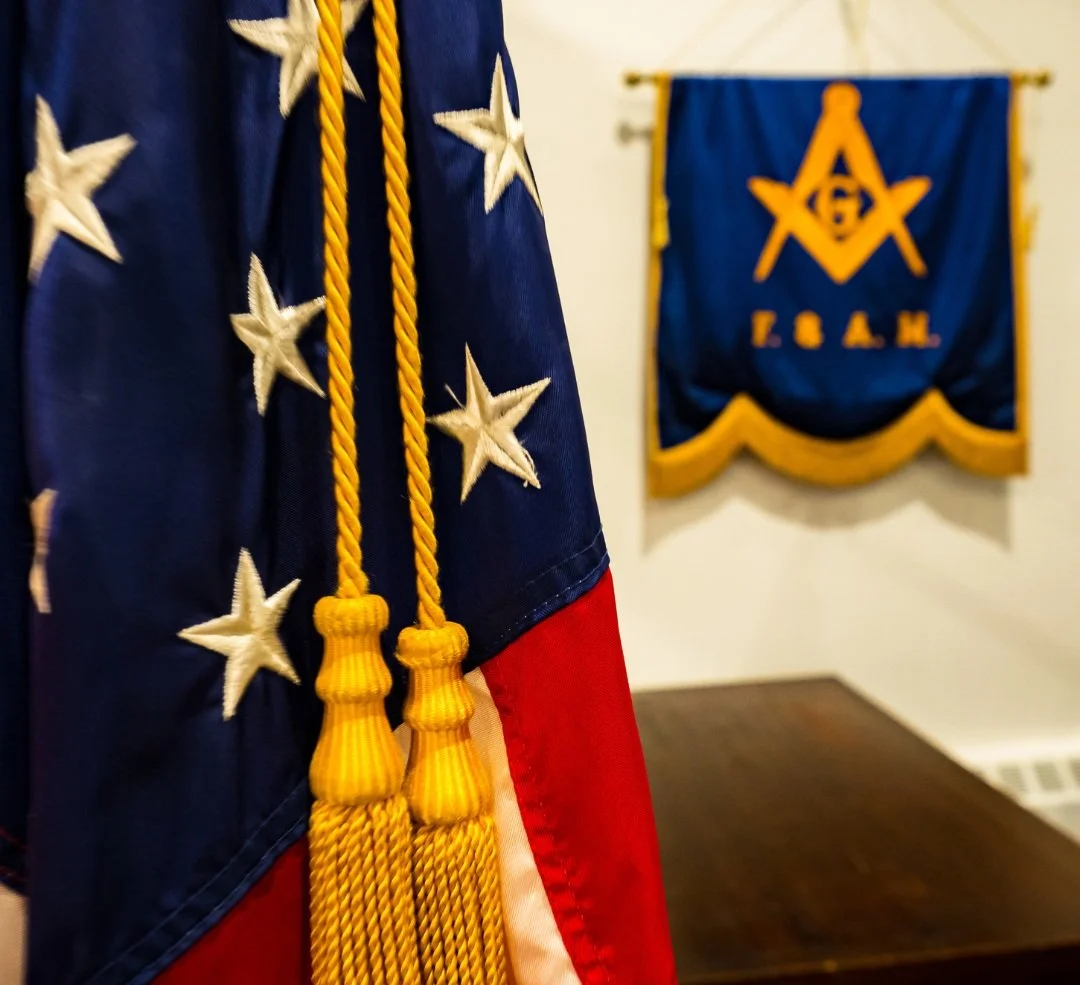LODGE HISTORY
Why is Social Lodge No. 1?
This is actually a unique story, as you may no doubt find information about Solomon’s Lodge #1, F&AM in Savannah, Georgia. Solomon’s Lodge #1 was the first masonic lodge chartered in Georgia when it was chartered in 1734, while Social Lodge was originally chartered in 1799 as Lodge No. 5. In the late 1820s, Solomon’s Lodge was suspended by the Grand Lodge for some trivial actual or supposed breach of law, and the lodge numbers were rearranged. At that time, St. Patrick’s Lodge in Louisville, Georgia was made number 1, and Social Lodge was designated as number 3. There was more rearranging in 1838, when the Grand Lodge determined St. Patrick’s Lodge was in default. At that time, the Grand Lodge made returns to its then Worshipful Master, William Tracy Gould, recognizing Social Lodge as No. 1. Gould was a lawyer and founder of the Augusta Law School, and a city court judge in Augusta, Georgia.
In 1839, Solomon’s Lodge was admitted back into the Grand Lodge of Georgia, and in a unique resolution, was allowed to be called “Solomon’s Lodge of the City of Savannah, No. 1.” Since 1839, both Solomon’s Lodge and Social Lodge have jointly shared Lodge No. 1.
Many influential and famous Augustans have been members of Social Lodge No. 1 over the years, and Social Lodge can claim the mantle as the oldest continuously-operating Masonic Lodge in the State of Georgia.
-

Worshipful Master
JEFFERY PEIL
-

Senior Warden
PAT ESTEP
-

Junior Warden
BILLY CHILDRESS
-

Secretary
ROB DURLAND
-

Treasurer
BOB MCDOWELL
-

Chaplain
BREAMON LEDBETTER
-

Senior Deacon
PHILIP CHEEK
-

Junior Deacon
KEITH MRAVLJA
-
Tyler
JAMES TAYLOR
THE GRAND LODGE OF GEORGIA MASONIC PRINCIPLES
"Freemasonry is a charitable, benevolent, educational and religious society. Its principles are proclaimed as widely as men will hear. Its only secrets are in its methods of recognition and of symbolic instruction.
It is charitable in that it is not organized for profit and none of its income insures to the benefit of any individual, but all is devoted to the promotion of the welfare and happiness of mankind.
It is benevolent in that it teaches and exemplifies altruism as a duty.
It is educational in that it teaches by prescribed ceremonies a system of morality and brotherhood based upon the Sacred Law.
It is religious in that it teaches monotheism; the Volume of the Sacred Law is open upon its altars whenever a Lodge is in session; reverence for God is ever present in its ceremonial, and to its brethren are constantly addressed lessons of morality; yet it is not sectarian or theological.
It is a social organization only so far as it furnishes additional inducement that men may foregather in numbers, thereby providing more material for its primary work of education, of worship and of charity.
Through the improvement and strengthening of the character of the individual man, Freemasonry seeks to improve the community. Thus it impresses upon its members the principles of personal righteousness and personal responsibility, enlightens them as to those things which make for human welfare, and inspires them with the feeling of charity or good will toward all mankind which will move them to translate principle and conviction into action.
To that end it teaches and stands for the worship of God; truth and justice; fraternity and philanthropy; enlightenment and orderly liberty, civil, religious and intellectual. It charges each of its members to be true and loyal to the government of the country to which we owe allegiance and to be obedient to the law of any in which we may be.
Believing these things, this Grand Lodge affirms its continued adherence to that ancient and approved rule of Freemasonry which forbids the discussion in Masonic meetings of creeds, politics or other topics likely to excite personal animosities.
The true Freemason will act in civil life according to his individual judgement and the dictates of his conscience."

